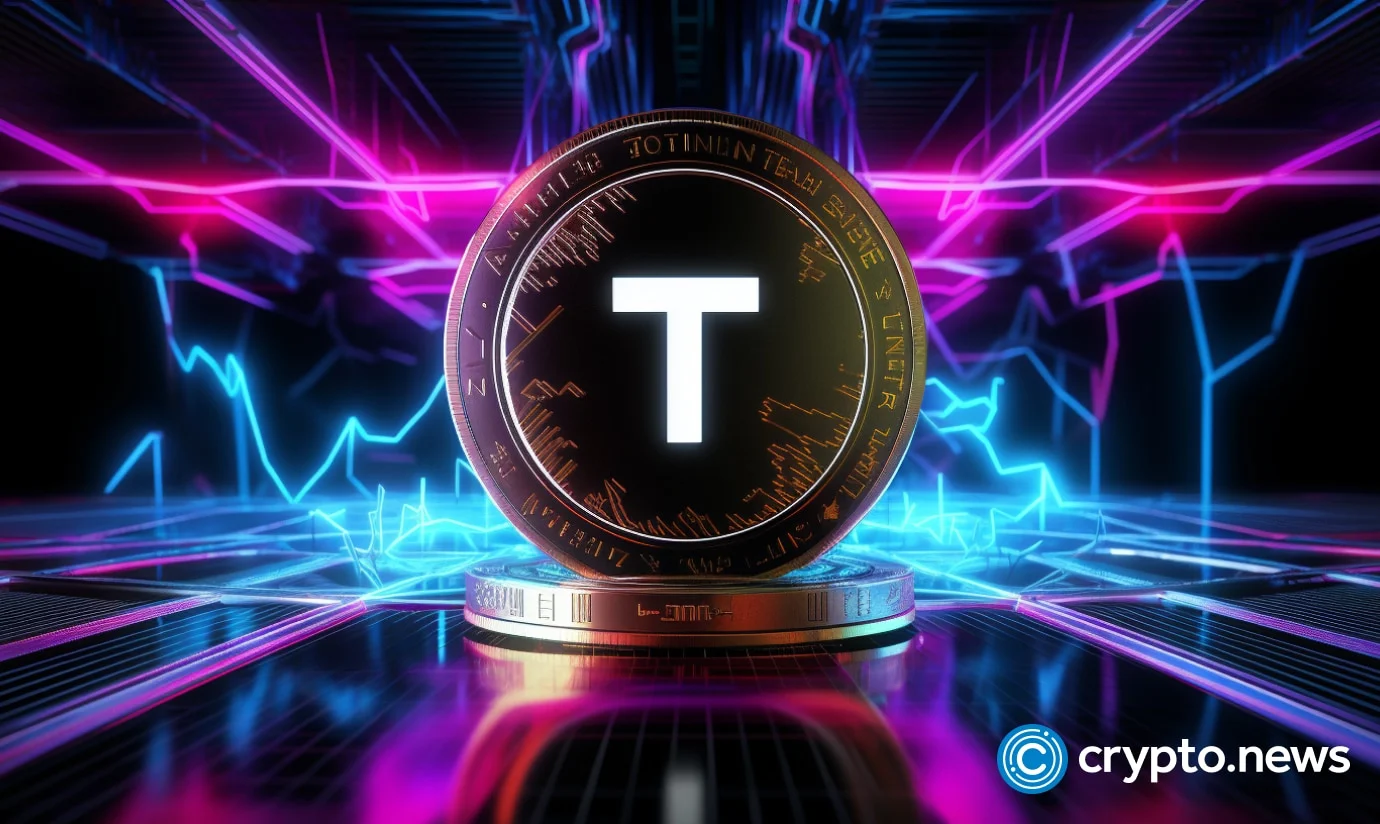The news of Venezuela’s state oil company using the USDT stablecoin to circumvent U.S. restrictions has prompted senators to question whether the Department of Defense and the Joe Biden administration support the Treasury Department’s request for new powers. This development has raised concerns among lawmakers, who are seeking clarity on the actions the government may take in response to this situation.
The use of stablecoins for bypassing sanctions has become a topic of interest and has spurred discussions about potential measures to address this issue. The media’s coverage of this issue has sparked a public debate about the implications of using stablecoins in circumventing U.S. restrictions.
It has also brought attention to the need for a coordinated and comprehensive approach to address the potential misuse of digital currencies for illicit purposes. In light of these developments, there is a growing call for greater oversight and regulation of digital currencies to ensure they are not used to undermine sanctions and other regulatory measures.
The implications of this situation extend beyond just the specific case of Venezuela’s state oil company, highlighting the broader challenges posed by the use of stablecoins in the global financial system.
